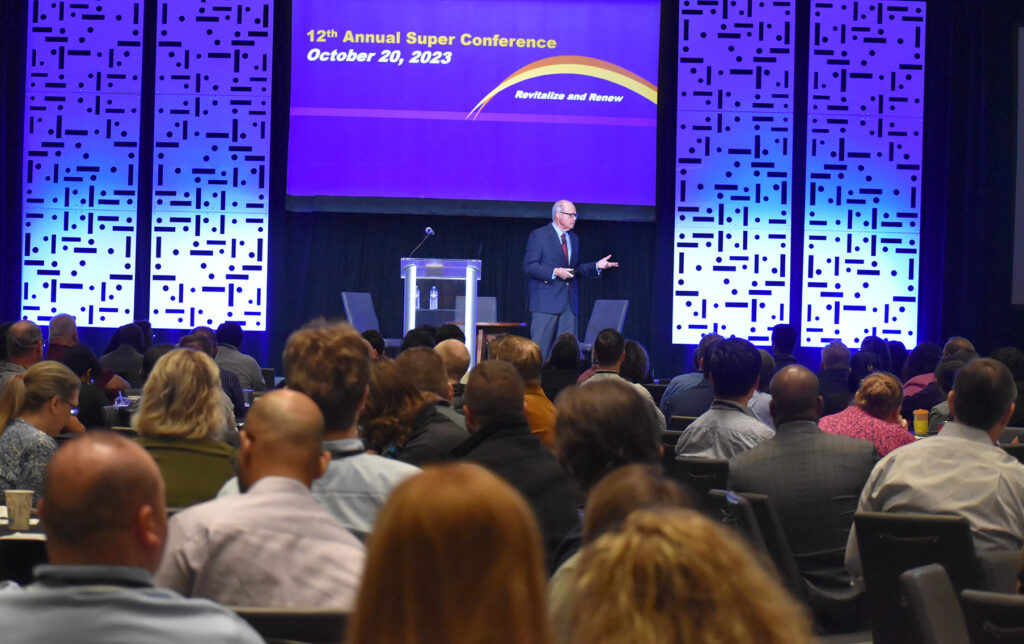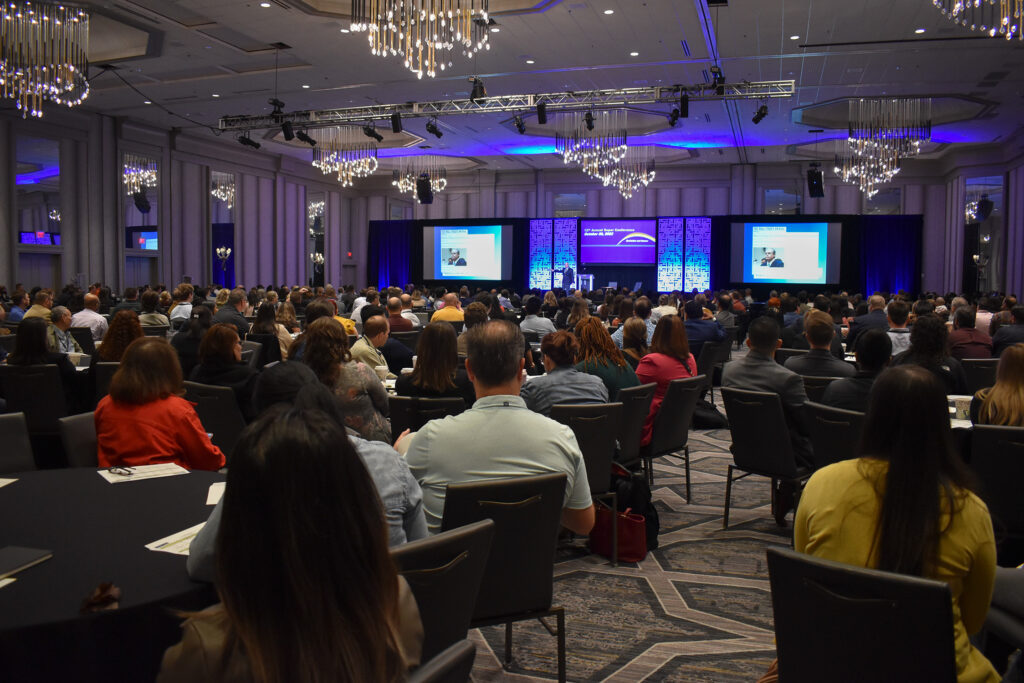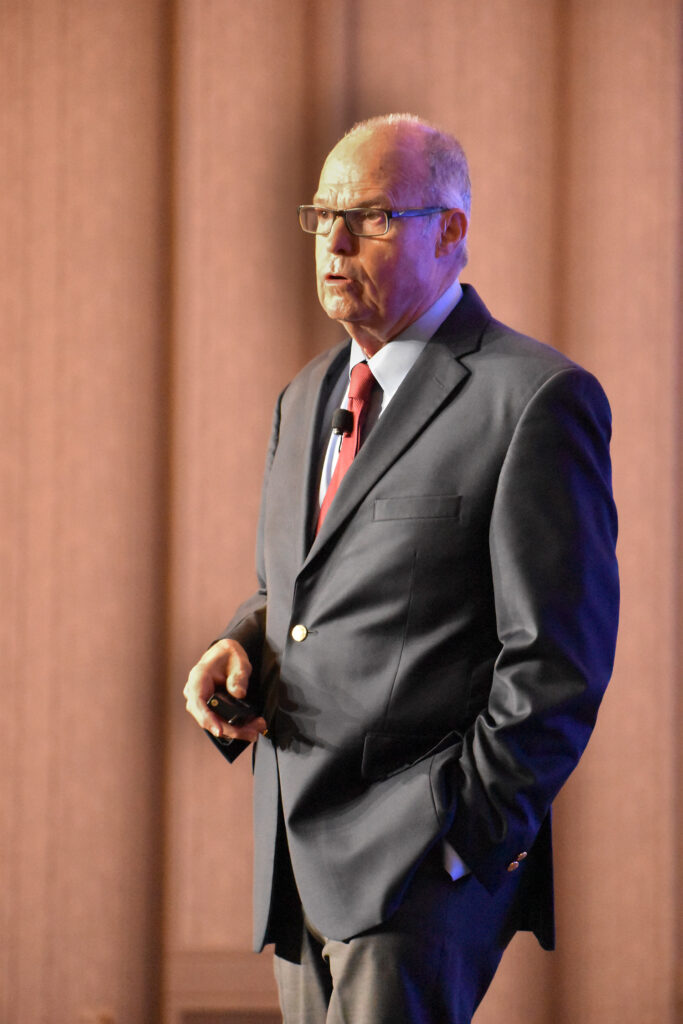
It was my great honor to give the opening keynote address to the Dallas chapter of the Institute of Internal Auditors (IIA) Super Conference in Dallas, Texas. The IIA is the internal audit profession’s leader in standards, certification, education, research, and technical guidance, with chapters around the world.
The Dallas conference was heavily focused on education, with three general sessions and twenty-eight concurrent sessions covering everything from Ethics and Corporate Governance to industry-specific subjects, with the attendees receiving continuing public education hours for specific accounting and auditing licenses and certifications.

In my subject, “Ethics in the Last and Next Financial Crisis” I spoke about the massive breakdowns in ethics at Citigroup and many of the large financial institutions that directly led to the 2008 financial crisis
I shared with the audience the breakdowns of ethics I had witnessed when Citigroup sold defective mortgages, representing to the purchasers that the mortgages were not defective, with this fraudulent behavior leading to massive losses in mortgage-backed securities which fueled the resulting financial crisis. It was noted that these breakdowns also occurred at many of the large banks, as evidenced by many other whistleblowers coming forward.
We specifically discussed my warning Citigroup management for eighteen months about the potential huge losses and, finally, after directly warning Robert Rubin, the newly-elected Chairman of the Board of Directors, my being stripped of my responsibilities and told not to come back to the bank.

At the time, I also subsequently witnessed breakdowns of government ethics at the Securities and Exchange Commission, the Financial Crisis Inquiry Commission, and the Department of Justice, when those agencies attempted to conceal my evidence and testimony from the American public. This resulted in no high-level banking executives being held criminally liable for conduct leading up to the financial crisis. And, in stark contrast, I noted that over 1,000 high-level banking executives were prosecuted and convicted by the DOJ in the previous crisis, the Banking and S&L Crisis of the 1980s.
We also discussed the breakdowns in Citigroup’s internal and external auditing which allowed the fraud to continue undetected, and some of the lessons which must be learned by auditors everywhere.
In the robust Q&A session following my talk, it was obvious that the internal auditors in the audience fully understood the importance of their roles in detecting fraud and protecting our country from future crises.

 Richard Bowen is widely known as the Citigroup whistleblower. As Business Chief Underwriter for Citigroup during the housing bubble financial crisis meltdown, he repeatedly warned Citi executive management and the board about fraudulent behavior within the organization. The company certified poor mortgages as quality mortgages and sold them to Fannie Mae, Freddie Mac and other investors.
Richard Bowen is widely known as the Citigroup whistleblower. As Business Chief Underwriter for Citigroup during the housing bubble financial crisis meltdown, he repeatedly warned Citi executive management and the board about fraudulent behavior within the organization. The company certified poor mortgages as quality mortgages and sold them to Fannie Mae, Freddie Mac and other investors.

